Zero-Down: Is It Bad to Put No Payment Down on a Mortgage?
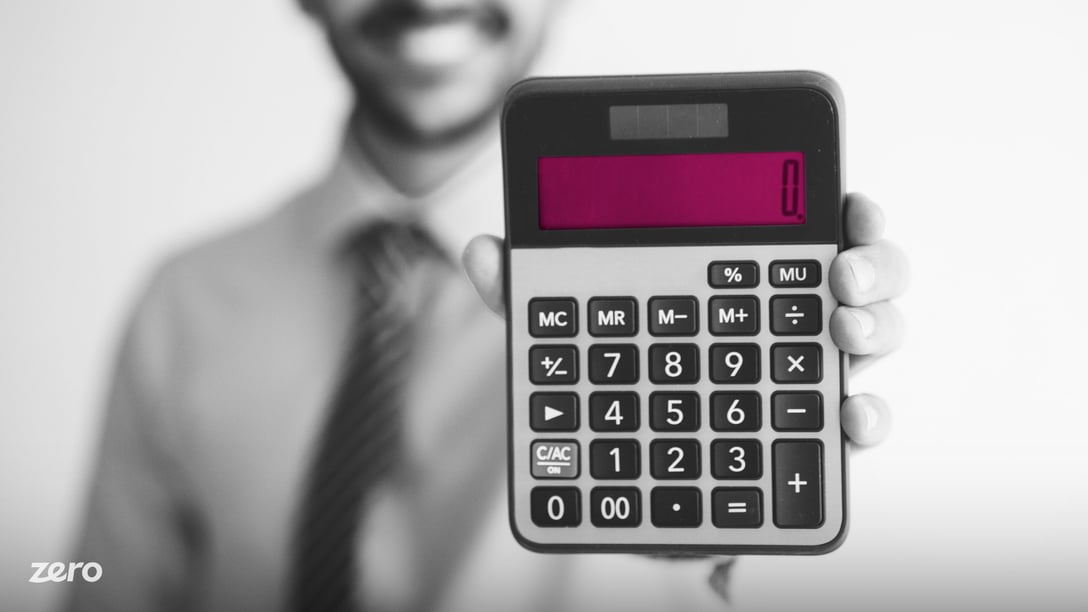
The vast majority of mortgage loans require you to put down a certain percentage of the selling price upfront. However, not everyone can afford to put down that much cash at once. Thankfully, there are many options for home loans that don’t require a down payment.
These loans usually come with strict specifications depending on your eligibility and the property’s location. These loans also often have additional fees or higher rates attached to them. In this article, we’ll cover some of the options available to you as well as the requirements you must meet and whether or not any of them are a good fit for you.
What Is a Down Payment?
First, let’s be clear about what a down payment is. Let’s say the home you’re looking to buy has a sale price of $250,000 and you’ve qualified for an FHA loan at 3.5% down. This is one of the most accessible and popular loans for first-time homebuyers.
In this instance, your down payment would be 3.5% of the total sale price, which would amount to a down payment of $8,750. This down payment would also come along with additional closing costs that often have to be paid right away as well, further increasing your costs upfront.
Can You Get a Mortgage for No Down Payment?
If you meet certain qualifications, you could potentially qualify for a mortgage loan with either a low down payment amount or no down payment at all. These no-down-payment options come from government organizations, like the Veterans’ Association or from credit unions that offer limited mortgage loans without a down payment.
When Is a Zero-Down-Payment Mortgage a Good Idea?
If you can’t come up with the thousands of dollars that are needed to finance a home, a zero-down-payment mortgage sounds like a great idea. However, it’s not for everyone.
While financing without a down payment will help you find a home faster without needing to come up with cash right away, you’ll most likely end up paying additional fees or have a higher interest rate on the loan. However, the circumstances will be different if you can qualify for a VA or USDA loan, both of which we’ll cover below.
This means that most, if not all, of the money you would save by not making a down payment will eventually be charged to you over time as part of your mortgage payments. In fact, the total sum of fees and added interest rate over time may end up being greater than the amount you would have paid for a down payment in the first place.
If you need to get into a home quickly and know that you’ll be able to afford slightly higher monthly payments over the term of your loan each month, a zero-down-payment mortgage may be a good option. On the other hand, if you think you might struggle to make larger monthly mortgage payments, it might be a good idea to agree to a down payment instead. You can either save up for an FHA loan or consider other options for low-income mortgage loans.
4 No Down Payment Mortgage Options
Here are the most widely-accessible options for mortgage loans that don’t have a down payment. While having no down payment does save you money as a buyer, it’s important to note that each option will come with additional fees and eligibility requirements.
1. VA Home Loans
The VA home loan is offered by the U.S. Department of Veterans Affairs. It is accessible to any and all retired or active military members. This home loan offers low interest rates and low to no down payment options.
It also comes with more lenient credit score requirements and mortgage insurance options than other loans. Because the VA loan is government-sponsored just like the FHA loan, it also comes with property livability requirements, and it must be put towards the borrower's primary residence.
While a VA loan can be secured without a down payment, there is a funding fee required at closing, and that fee can cost up to several percentage points of the total cost of the home. The funding fee is typically less than the amount a down payment would be on a house through an FHA loan, but it still requires the buyer to present a few thousand dollars in cash at closing.
2. USDA Home Loans
The USDA loan is made available by the United States Department of Agriculture. It offers low-interest, zero-down-payment loans for borrowers who are open to living in more rural or undeveloped areas. These areas are pre-determined in every state, and they include both rural land and suburban neighborhoods.
For residents willing to live in predetermined “rural” areas across the United States., USDA home loans are some of the most accessible options, but there are a few specific requirements. The home must be a primary residence. As such, it can’t be a working farm, vacation home, or rental. Also, most lenders offering a USDA loan require that the borrower pay for several months of expenses upfront, including insurance and property tax.
3. Credit Unions
Certain credit unions offer zero-down-payment options, but typically, they require interested borrowers to apply so that the credit unions can ensure that people meet the strict income, debt, and credit score requirements. Credit unions offering these low to no down payment options include Alliance Credit Union and Navy Federal Credit Union, to name a couple of examples.
4. Physician Loans
Many lenders offer loans through the Doctor Loan Program, which applies to early career doctors, dentists, and med school students who are facing large student loan debt or don’t have the funds for a sizable down payment. These loan programs have their own sets of requirements which differ by state, but they are great mortgage options for eligible borrowers in the medical field. Plus, there are no private mortgage insurance fees!
2 Alternatives to No Down Payment Mortgages
If you want to try to save up for a smaller down payment or you aren’t eligible for some of the options above, there are still many accessible mortgage loans for you to consider! The following alternatives are offered nationwide and they come with low down payment options.
1. FHA Programs
FHA loans typically require 3.5% down, but government regulations require lenders to allow, in certain circumstances, gift funds from friends or family members as part of that down payment.
2. Piggy-back Mortgages
Using a piggy-back mortgage strategy, a borrower can occasionally take out two separate loans: one for 80% of the mortgage, and the other for up to 15% of the mortgage, which leaves you responsible for a 5% down payment. While this might make it easier for you to come up with cash for a down payment, it can cause an equivalent amount of stress to your bank account over time.
Our Mortgage Learning Center features blogs on a wide range of mortgage and refinancing topics.
Looking for Zero-Down-Payment Mortgages?
For those who can’t save up for a down payment on a home, there are certain options available that might lower or completely eliminate the down payment altogether. However, be aware of the additional fees involved, as these can offset the benefit of financing without putting any money down. If you’re able to pay slightly higher monthly payments or pay these fees at closing, a zero-down-payment mortgage may be the best option for you!
Ready to Make an Offer on Your Next Home?
This page last updated: November 2, 2022
Read more on this topic below.

When you buy a house and start making mortgage payments, your payment consists of four different components, known...

If you have gone through the pre-approval process but need to take a deeper dive into how much house to buy,...
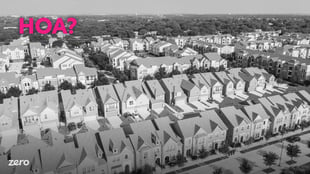
Whether you’re a first-time buyer or you’ve purchased a home before, you’ve likely heard of a homeowner’s association....

People buy their homes for a number of reasons. Affordability, stability, and comfort are some of the most...

Mortgage brokers play an integral and active role in the mortgage market, offering customers a service not made...
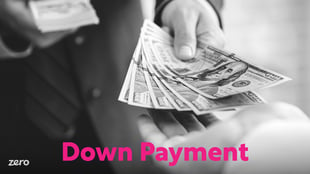
There’s a lot of expenses to keep in mind when you’re thinking about buying a home. Between the price of the home, property taxes, your mortgage...
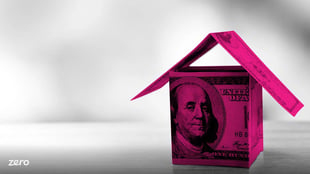
Conventional loans are mortgages offered by private lenders, banks, and institutions that are not backed by the government. Unlike FHA, USDA,...

Some homebuyers refuse to purchase a property if it is part of a property owner association. On the...

Research indicates that 58% of homeowners in HOA communities and single-family homes pay an average monthly fee...
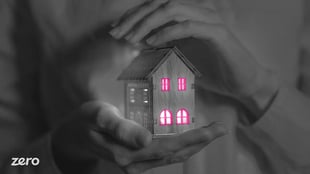
Private mortgage insurance is something millions of homeowners pay for each year. However, this type of insurance does not protect

When you first set out to buy a home, it can feel like you’re taking an exam you forgot to study for. You have to make quick...
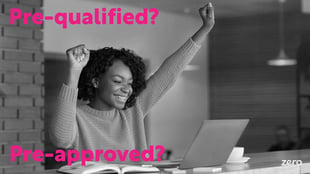
When looking to refinance or buy a house, the pre-qualified vs pre-approved mortgage debate can be...
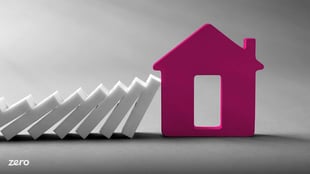
A home doesn’t just fall into foreclosure status. There are stages and processes that take place behind the scenes before...
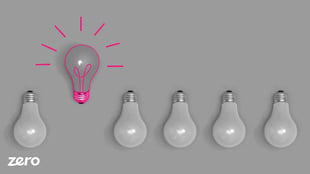
It’s likely that your mortgage loan will be the largest loan you have during your lifetime. Mortgages are not a one size...
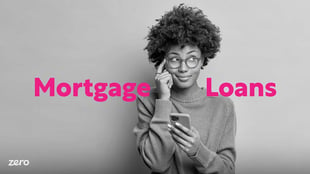
For many people, owning a home is part of the American dream. To make this dream a reality, most people will take out a...

Whenever you’re looking to buy a house, you’ll quickly realize there are a lot of fees associated with obtaining a mortgage....
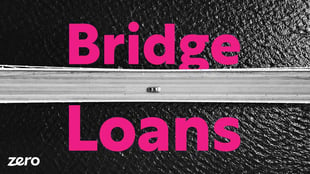
A bridge loan is a short-term loan a borrower may use while a more long-term financing contract is finalized. Bridge...

A loan estimate is crucial to obtain when looking for a loan. This estimate not only gives you the details of a mortgage but also compares offers...
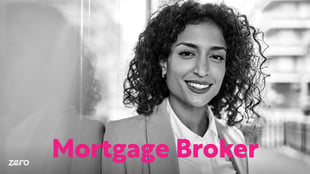
There are many moving parts and various people you’ll deal with throughout the homebuying process....

If you’re looking to buy a house, and do not have a mountain of cash saved up, you’ll need to consider getting a mortgage to help you finance this...

If you find a property that you’re highly interested in buying but are concerned that the seller might choose...
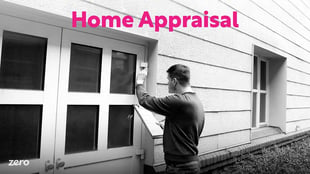
Buying a home? You’ll likely need to get it appraised before you receive the clear to close. If you’re wondering...

If you’re an active service member, a veteran, or the surviving spouse of a veteran, and you want to ...
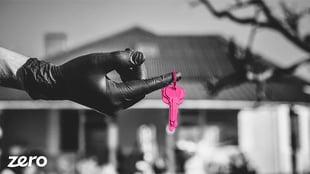
There’s no doubt, COVID-19 changed the world in countless ways and took us all by surprise. From an...

Whenever you are borrowing money, whether it’s for a new mortgage, a refinance, credit card, or car loan, you’ll hear...

If you’re new to buying a home, you probably have quickly realized the overwhelming amount of options there...

If you’ve already gone through the lengthy process of writing offers, securing financing, and arranging inspections for your...

One of the most important steps to buying a home is deciding on a mortgage loan and deciding on a loan involves settling on a good...

First time home buyers are often surprised when they learn about all of the expenses that are associated with ...

Purchasing real estate is not as simple as finding the right home, submitting an offer, and signing the closing paperwork; many...
